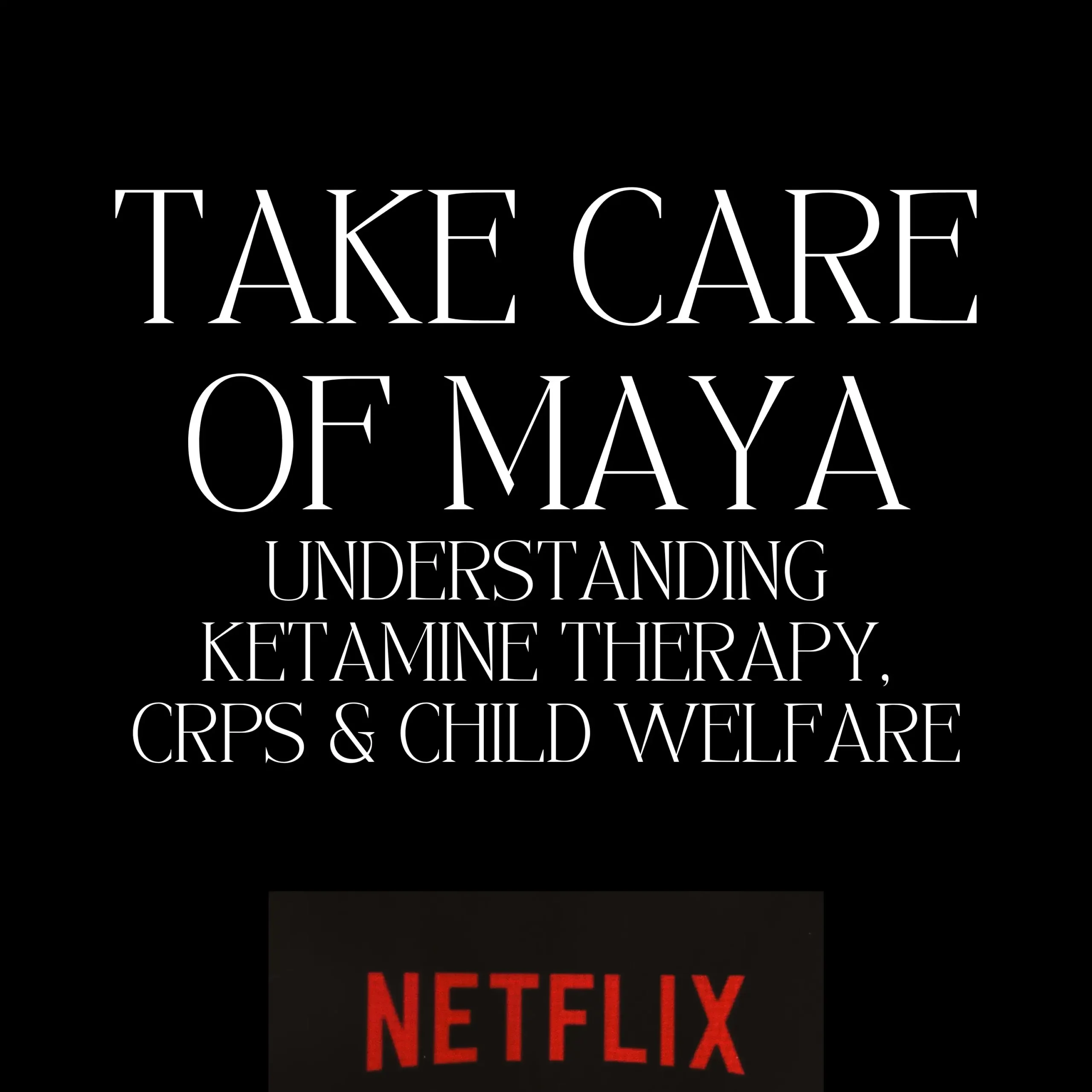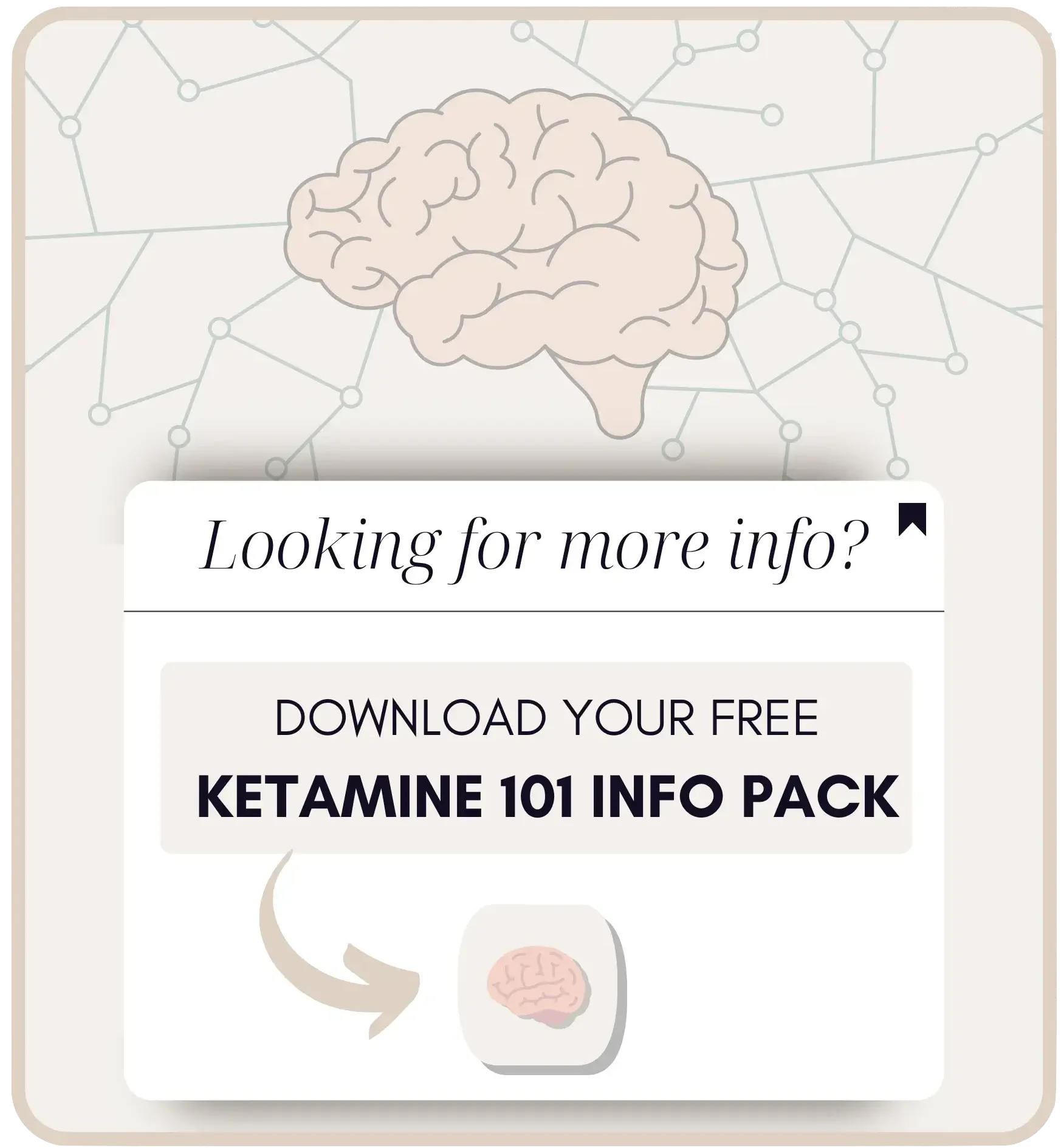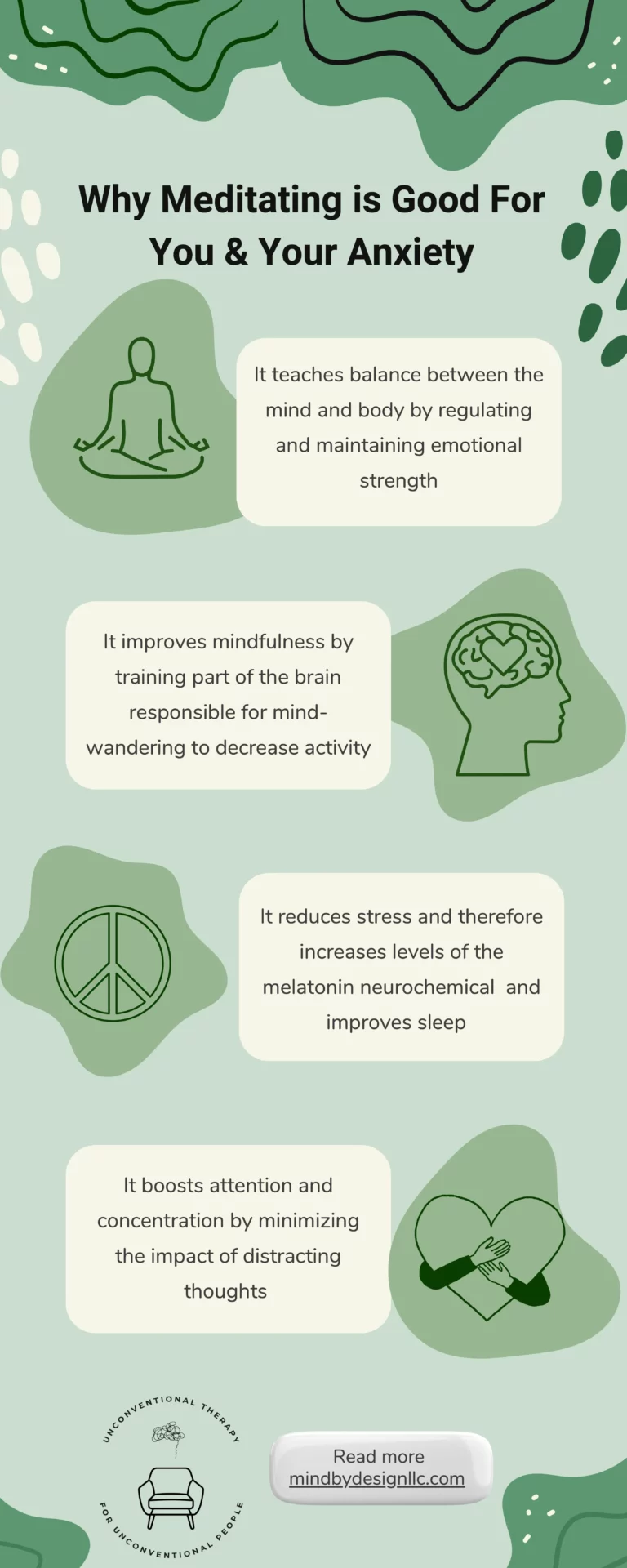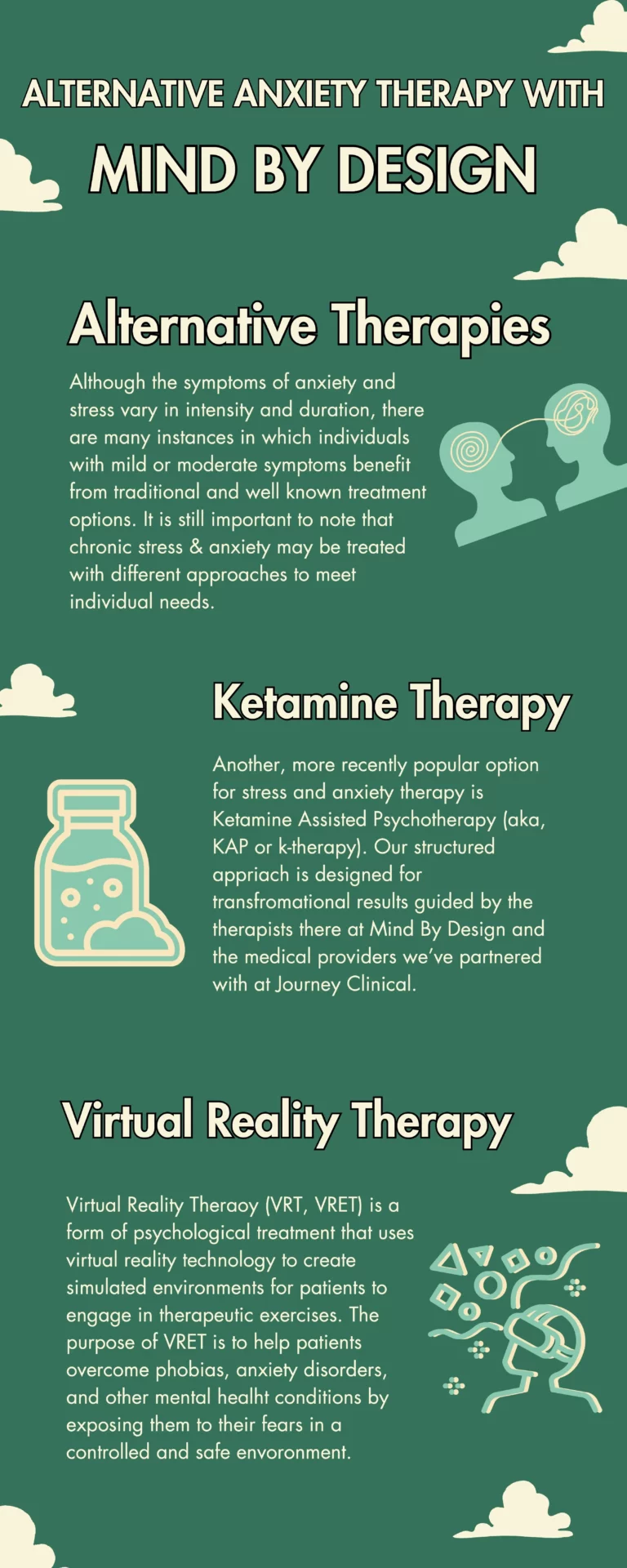Therapist Reacts:
Take Care of Maya
Ketamine Therapy, CRPS & Child Welfare
I watched “Take Care Of Maya” on Netflix, and then watched the court proceedings and… well I have some thoughts. As a Ketamine Assisted Therapist, Family Therapist and Child Welfare Advocate… this families story really struck a cord and I feel compelled to share from a psycho-social perspective.
Maya's Story, CRPS & Ketamine Therapy
“Take Care of Maya” brings attention to the complex challenges in both healthcare and child welfare, through the story of Maya Kowalski. When Maya was 10, she was admitted to the hospital for CRPS related symptoms. There, the hospital staff learned of the non-traditional Ketamine treatment Maya had received, leading to a referral to child protective services for “medical child abuse,” previously known as Munchausen by proxy. Maya was then placed into state custody for more than 80 days, without being permitted to see her mother, Beata. The documentary highlighted the emotional turmoil, culminating in her mother’s tragic death by suicide.
Leave Your Info
Broader Issues in Healthcare
Take Care of Maya highlighted the importance of rapport building between patients and providers for ethical, fair and valid assessments. Working in pediatric mental health care, I’ve observed the challenges in diagnosing and managing cases such as Munchausen by Proxy. Dr. Sally Smith, the pediatric child safety provider, displayed behavior that highlights a culture of superiority and callousness that dehumanizes clients and families who encounter ill-informed poorly supervised providers. It seems that Dr. Smith’s handling of Maya’s case reflects a broader issue in social services: a culture of superiority and a lack of knowledge, training & oversight.
1. Misconceptions Around Ketamine Therapy
The lack of familiarity with ketamine therapy for CRPS among healthcare professionals is a significant concern, clearly depicted in this documentary. The skepticism towards Maya’s treatment in Mexico, primarily because it was unconventional and parent-initiated, highlights a closed-mindedness in the medical community, at least at this specific hospital. This skepticism often leads to premature judgments and a failure to consult specialists who are knowledgeable about such treatments.
2. Misconceptions Around CRPS
Sometimes referred to as “a condition of the mind”, CRPS and other ailments are misdiagnosed or dismissed by providers as factitious, or made up. CRPS is not triggered by a mental health issue, although it can trigger mental health issues such as depression and anxiety due to the chronic nature of the symptoms.

3. The Impact of Bias in Healthcare
Dr. Smith’s inability to show compassion or reassess her decisions in Maya’s case is indicative of a broader issue in child welfare: unchecked behavior and fragile egos among professionals. This lack of humility and openness to learning can have devastating consequences, as seen in the tragic outcome of Maya’s story.
4. Challenges in Child Protection Services
My experience in child psychiatric care has shown me the immense challenges faced by child protection workers. They deal with complex, multidimensional cases, often leading to burnout and oversight issues. However, there are exemplary workers who go above and beyond, advocating for the best interests of children and families. Unfortunately, the rate of burn-out in social services continues to strain workers, families and children.
5. The Need for Trauma-Informed & Culturally Competent Care
The lack of trauma-informed care (TIC) and cultural competency in child welfare is a significant gap. Workers often lack the necessary training to understand and address the unique biopsychosocial needs of children and families, leading to suboptimal care and outcomes.
Ketamine Therapy in Social Context
Taking Care of Maya offers a sliver of insight that provider bias has on treatment performance and outcome. Because the providers viewed Maya’s past ketamine treatment for CRPS as unconventional, it seems their opinion of the mother’s judgement or motive shifted as well.
Ketamine has been used since the 1970’s as an anesthetic agent and is generally well-tolerated with a limited side effect profile. Ketamine is FDA-approved in the United States for two-day use when the patient is awake, but for longer-term, higher-dose ketamine treatment, including the onset of a “Ketamine Coma” are not permitted in the USA and are more widely used in Mexico and Germany.
In more recent years, ketamine and psychedelics have resurfaced as popular topics of discussion in medical and mental health care. In 2019, the FDA approved Ketamine in the form of nasal spray (esketamine) for treatment-resistant depression. Other compounded forms of ketamine are not FDA approved, but may still be prescribed by a physician for off-label use.
Concerns around Ketamine Therapy Today
There are risks with any medication, which is why safety measures, such as oversight, are put in place. Although this documentary did not focus on the mental health use of ketamine, it highlighted the stigma and misinformation surrounding any unconventional treatment approach.
Furthermore, my concerns lie with businesses such as MindBloom and Joyous who seem to portray the use of Ketamine in a nonchalant manner by offering ketamine prescriptions without continued support and oversight.
The difference between being written a ketamine prescription versus receiving ketamine assisted therapy have potential implications for safety and efficacy of treatment. Without close monitoring, support, supervision and guidance, patients are left to interpret and supervise their medical, mental and emotional response to ketamine. While there is growing evidenced and documentation surrounding ketamine for mental health issues, further research is needed to truly understand how to effectively integrate ketamine into mainstream medicine by educating and supporting clients.
“It is incredibly naïve and uninformed to think ketamine alone will make your depression go away. It’s a part of a treatment plan, not the treatment plan. It should be given as part of an overall treatment plan with a mental health professional. In fact, the FDA approval for ketamine also states that it has to be used along with an oral anti-depressant. It’s not even approved to be used alone. These ketamine clinics that provide the treatment without close follow-up of some type being provided by a mental health professional, in my mind, are a very dangerous thing, because they aren’t providing the comprehensive mental health care that these patients need."
Gerard Sanacora, PhD, MD
Yale New Haven Hospital Interventional Psychiatry Service
What could've been done differently for Maya & her family
From a social work standpoint, the approach taken in Maya’s case was far from client-centered. It failed to consider the traumatic impact of the investigation on the family and lacked a comprehensive understanding of the situation.
Additionally, Factitious Disorder Imposed on Self, aka Munchausen Syndrome by Proxy is rare, and requires thorough assessment and evaluation to justify an official diagnosis. In general medicine, about 1 percent meet the criteria for Munchausen by proxy. There aren’t fully reliable stats on this diagnosis due to the nature of faulty self-reports and ongoing challenges with proper assessments.
It seems that an opportunity for collaborative, interdisciplinary care was missed. The nurses, social workers, physicians and child protection workers may have seen a positive outcome if they consulted with medical and mental health specialists. Instead, whether due to ego, misjudgment, group-think or something else, the lense in which they assessed Maya and her family was narrow, closed off to other potential perspectives and interventions.
Final Thoughts on Take Care of Maya
The Kowalski case opens up a critical dialogue about the intersection of child welfare, mental health, and progressive treatments like ketamine for CRPS. Without ongoing training and supportive supervision, issues of misinformation, poor judgement and bias will continue. Furthermore, viewing a treatment as “all good” or “all bad” is dangerous, and leads to misinformation about progressive treatment. Increasing support, training and oversight for social welfare providers would benefit the social, medical and emotional welfare of the community and decrease opportunity for errors and unethical practice.
FAQ about Ketamine Assisted Therapy
Could anyone benefit from Ketamine Assisted Psychotherapy (KAP)?
KAP has shown promise for individuals with treatment-resistant depression and certain anxiety disorders. However, its efficacy can vary from person to person.
What does Ketamine Assisted Psychotherapy help treat?
Ketamine has shown promise in treating various mental health conditions, including PTSD, Anxiety, Depression, Phobias and OCD. As Ketamine therapy providers, we offer this service to help clients break cycles of thinking traps that lead to compulsive behaviors.
Is Ketamine Assisted Psychotherapy the same as ketamine infusions?
KAP is a therapeutic approach that combines the use of ketamine with psychotherapy. Our Process of providing ketamine assisted psychotherapy is different from ketamine infusions, which are typically administered without the accompanying psychotherapy. Our partnership with Journey Clinical provides patients with lozenges for self-administering their Ketamine dose prescribed by the Journey Clinical provider.
How does ketamine work in the brain?
Ketamine works by blocking NMDA receptors in the brain, which can lead to an increase in the release of certain neurotransmitters. This can result in rapid antidepressant effects
Is ketamine addictive?
While ketamine has the potential for misuse, when used in a controlled medical setting for therapeutic purposes, the risk of addiction is considered low according to medical researchers
How many ketamine treatment sessions do clients need for KAP?
The number of sessions can vary based on individual needs and the specific protocol followed by the provider. You will see in “Our Process” above that generally 2-3 sessions are held prior to a dosing session, and then integration sessions are held after a dosing session. Depending on your treatment plan, there may be more or less number of sessions
Do I need to take off work for KAP treatment? And if so, how long should I plan for?
It’s recommended to take some time off work after a KAP session to process the experience and ensure safety, especially if any side effects are experienced. Clients are provided with safety measures and consents which stipulate that clients should not drive after a dosing session and should have a trusted person with them to drive if needed.
What medical conditions might disqualify someone from KAP?
Certain medical conditions, such as uncontrolled hypertension or a history of psychosis, might be contraindications for KAP. See Our “Safety Measures” page for more information about the precautions that the medical team adheres to, along with other safety measure sin place.
Do I need a referral from my doctor?
At Mind by Design, we do not require pre-approval to begin the process. We do require a medical clearance through our partnership with Journey Clinical Medical Staff to participate in a ketamine dosing session.
How often would KAP be needed?
The frequency of KAP sessions would depend on the individual’s response to treatment and the medical provider’s recommendations.
How does ketamine compare to other psychedelic medicines?
Ketamine is unique in its rapid antidepressant effects and mechanism of action. Other psychedelics, like psilocybin, have different mechanisms and therapeutic potentials.






